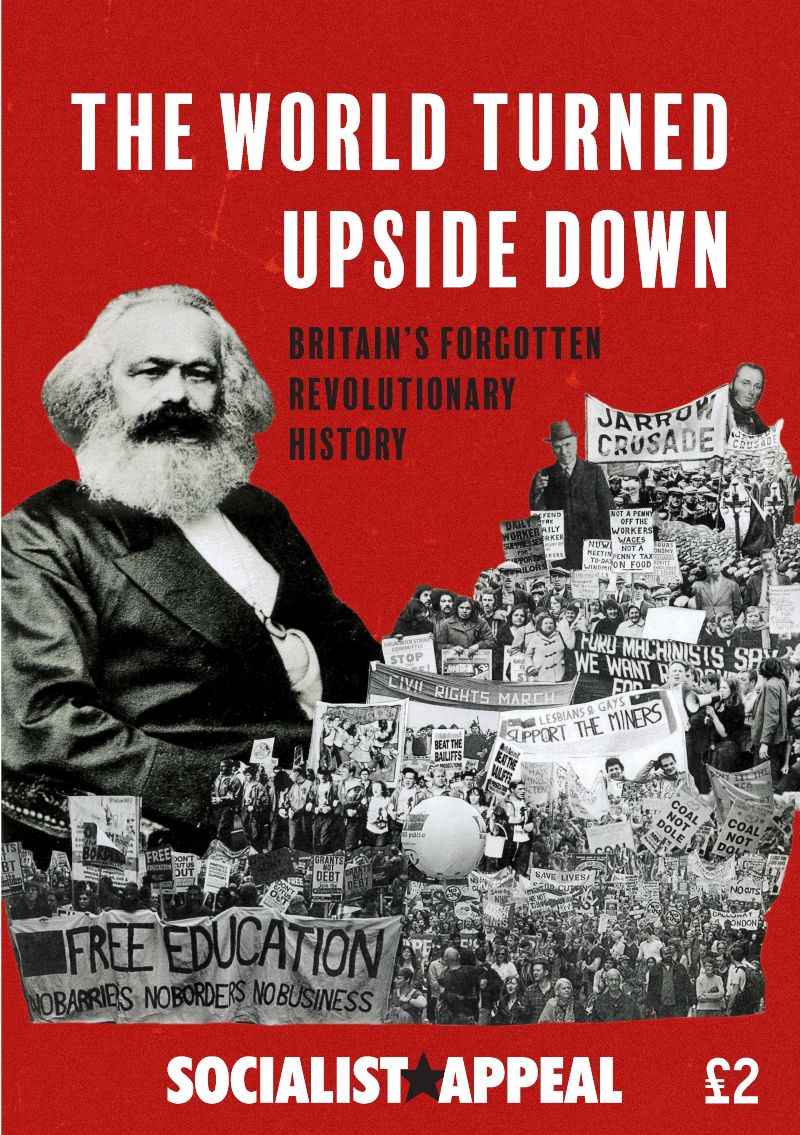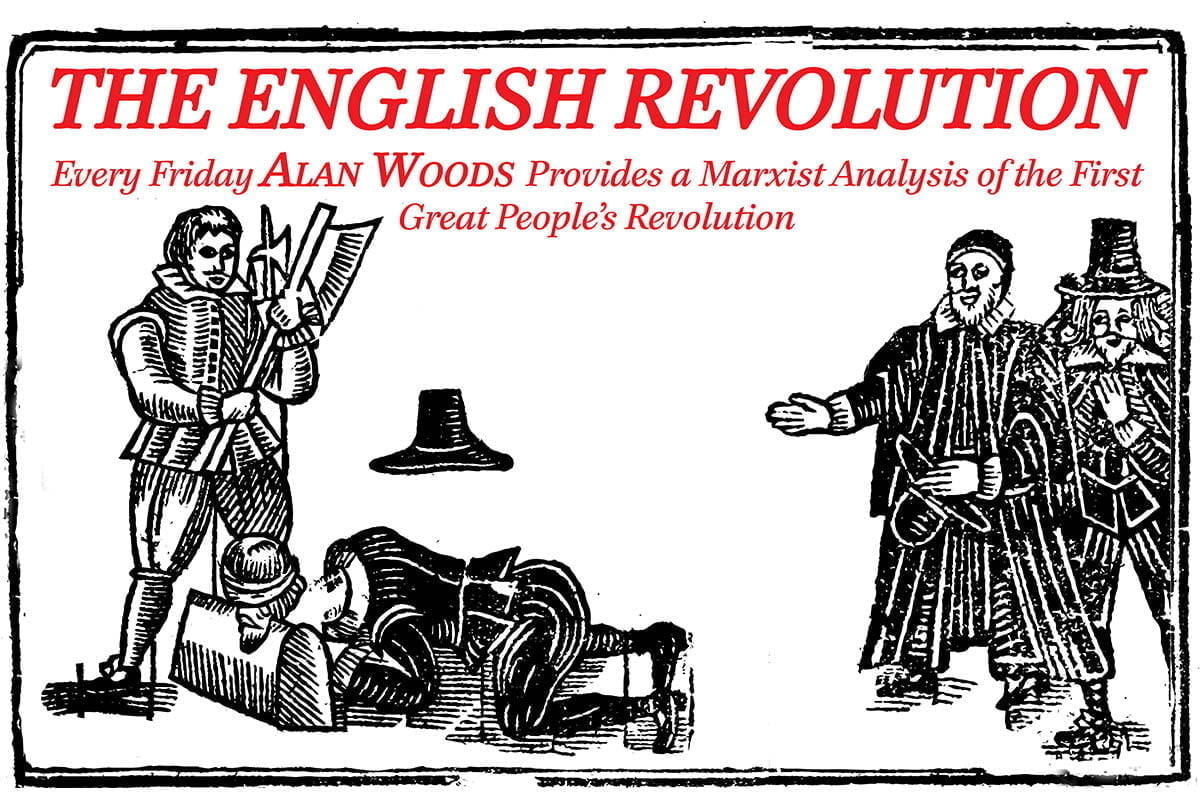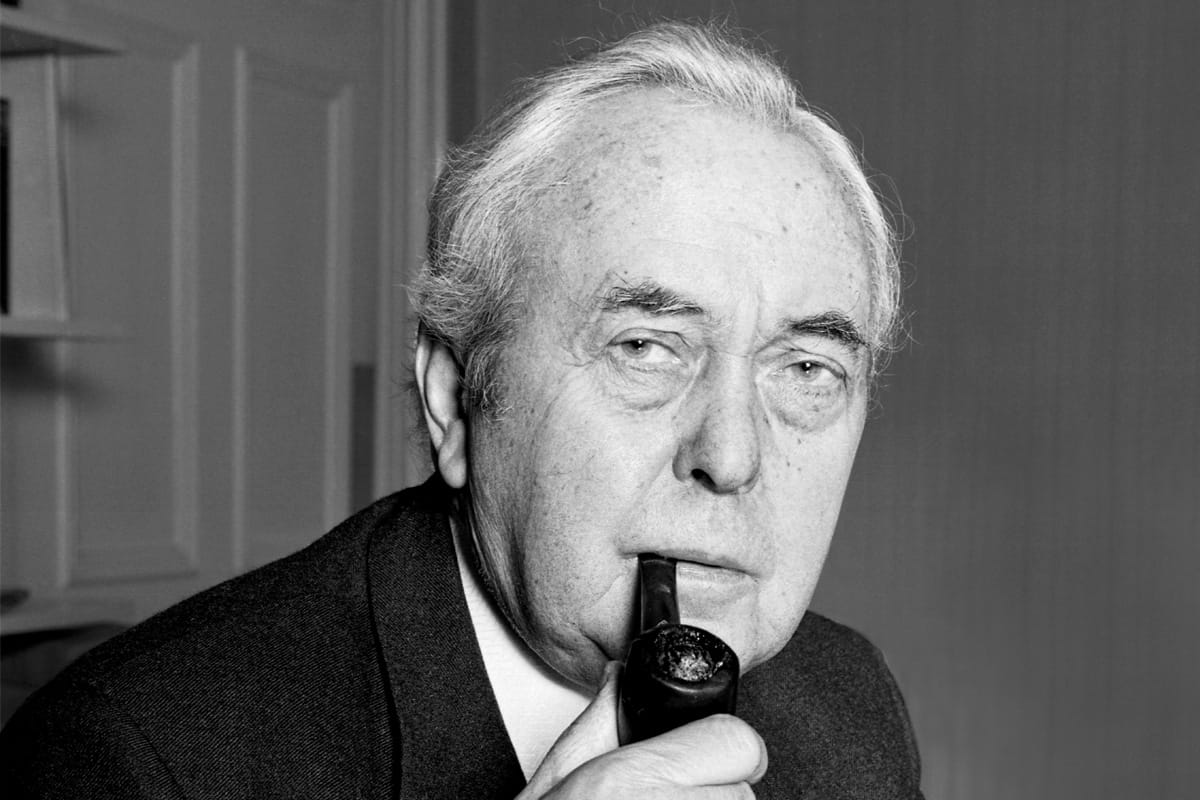It is said that revolution has never come to the British Isles. In fact, British parliamentary democracy was born out of a violent revolution and a bloody civil war, in which the king lost his head.
Today, we are witnessing one of the most turbulent periods in British history, and the ruling class fears the nation’s revolutionary past. This is why they seek to bury it under falsehoods. As Leon Trotsky wrote in 1925:
“The British bourgeoisie has erased the very memory of the 17th-century revolution by dissolving its past in ‘gradualness’. The advanced British workers will have to re-discover the English Revolution and find within its ecclesiastical shell the mighty struggle of social forces.”
A careful study of the English Revolution is obligatory for every class-conscious worker, Trotsky emphasised.
With this excellent advice in mind, our sister website In Defence of Marxism has launched a weekly series of talks by leading author Alan Woods on this very subject, entitled The English Revolution: the world turned upside down.
In this series, Alan examines the background and dynamics of the Revolution in-depth, drawing out the vital lessons for socialists today.
Tune in each week, every Friday, as Alan provides a Marxist analysis of this important chapter in British history; this colossal event that dealt an irreparable blow to feudal absolutism and paved the way for modern democracy as we know it.
Video talks of the series can be watched using the YouTube playlist below.
For those who prefer to listen, we recommend subscribing to Socialist Appeal’s podcast, Marxist Voice. Starting today, Marxist Voice will be releasing a new episode of The World Turned Upside Down every week. You can listen to the first episode here:
In addition, a wealth of other audio talks and interviews on history, theory, and current events can be downloaded through Marxist Voice, which is available from Soundcloud, Apple Podcasts, Spotify, Google Play, Stitcher, or any other major podcast platform.
To supplement this new podcast series, we will also be regularly republishing articles from our archive on the subject of the English Revolution in the coming weeks. So make sure you follow www.socialist.net for all the latest ideas and analysis.
To begin, we provide here this excellent talk on Oliver Cromwell and the English Revolution by Alan Woods, recorded at the 2018 Revolution Festival.
Revolutionary history
 And finally, if Alan’s series has sparked an interest in Britain’s radical past, please head over to our publishing house Wellred Books, and grab yourself a copy of Socialist Appeal’s new pamphlet on Britain’s Forgotten Revolutionary History, which is available now digitally.
And finally, if Alan’s series has sparked an interest in Britain’s radical past, please head over to our publishing house Wellred Books, and grab yourself a copy of Socialist Appeal’s new pamphlet on Britain’s Forgotten Revolutionary History, which is available now digitally.
Bourgeois historians have a disdain for rebels, revolutionaries and all those who fight against oppression. Instead of explaining the struggle between the classes – between the exploiters and the exploited – traditional history books simply present us with the lives (and deaths) of kings and queens; of generals and bishops; of ‘Great Men’ and individual ‘geniuses”.
Yet there is another history to be told: a history of the working class, the labour movement, and the revolutionary struggles that have transformed society. Providing such a history – of our radical past – is the purpose of this pamphlet.
Britain’s revolutionary history extends far beyond just Cromwell and the Chartists. From the Peasants’ Revolt of 1381, to the Poplar Rebellion of 1921; from the 1926 General Strike, to the 1984-85 Great Miners’ Strike: Britain’s past is overflowing with mass movements and radical events, where the exploited and oppressed have risen up against the elites and the establishment.
In our new pamphlet, we collect together just a small selection of these stories from this alternative history – our history in effect.
Our task is to learn from history and to actively participate in these titanic events that lie in front of us. Marxist theory, in this regard, is an invaluable and essential tool for the labour movement. It represents the distilled experience of the class struggle; the historical memory of the working class.
We therefore need to educate ourselves in Britain’s forgotten past – in order to fight for a socialist future. Only in this way can we build the forces of Marxism, and organise workers and youth around a clear socialist alternative. We invite all our readers to join us in this necessary and urgent task.






